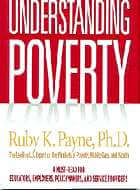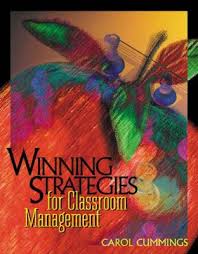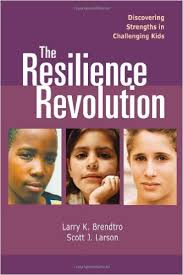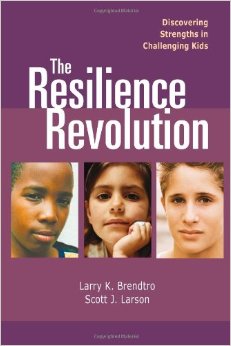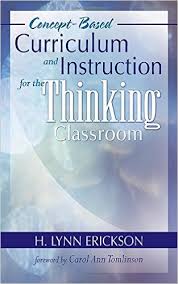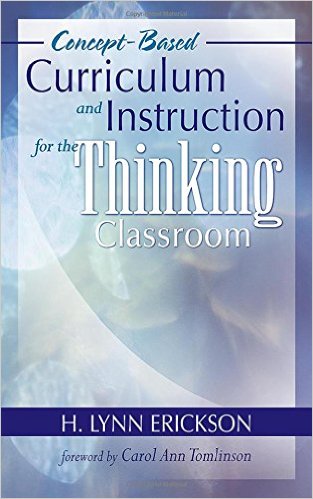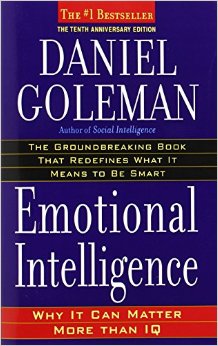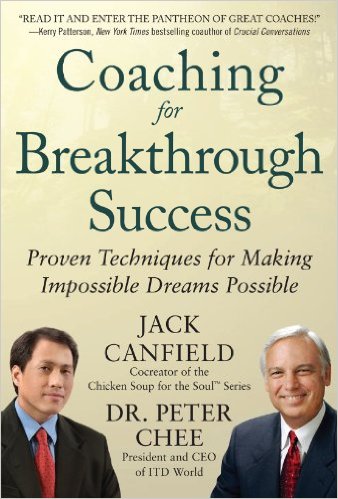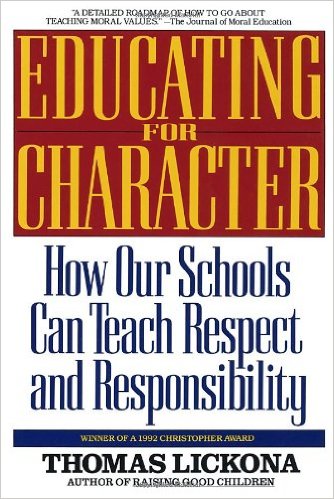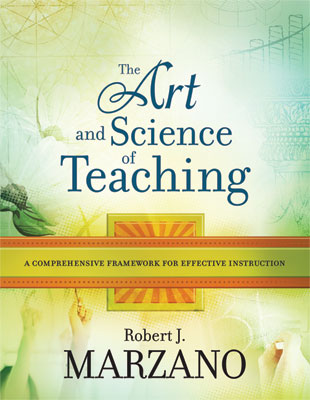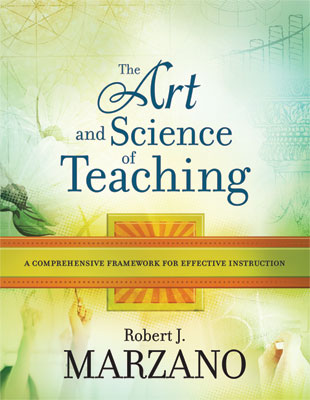“Got it. Thank you so much for all of your help. I truly enjoyed the class/book.”
- 3 Credits -
3 Semester Credits
(post-baccalaureate
PD credits for re-certification and
pay-lane increases)
- accredited nationwide
- start any time
- up to 5 months to complete
- independent study
- all course materials included with course tuition
- view FAQ
Instructor:
Dr. Drew Schwartz
Accredited By:
- University of California San Diego
- Lindenwood University (Missouri)
(choose after course checkout)
Course Description
In this course, you will learn a strengths-based system and research based tools designed to EMPOWER you and your students. Practical tools relate to topics including...
View Full Course Description
$489
3 Semester Graduate Credits
Empowered Teaching And Learning
- 3 Graduate Credits -



Course Objectives
From this course, participants will:
- Deepen understanding of internal resources which inspire/motivate students and educators
- Learn practical tools related to purpose and strengths-based education which can be embedded into daily work
- Learn about the distinctions between deficit and strengths based approaches
- Develop practical tools related to setting goals based on tools of motivation
- Develop proactive tools for making growth mindset a part of your daily practices/lessons
- Learn practical tools related to verbal and non-verbal communication
- Develop strategies for engaging successfully in difficult conversations
- Learn tools related to cultural responsiveness
- Clarify your own purpose (your WHY) and learn strategies for embedding your purpose and strengths into your daily success
Credit Hours
3 Semester Credits (post-baccalaureate professional development credit)
Course Instructor
Dr. Drew Schwartz
Accredited By:
- University of California San Diego
- Lindenwood University (Missouri)
(choose after course checkout)
Grade Type
University Transcript: Letter Grade
Empowered Teaching And Learning
What Others Are Saying...

